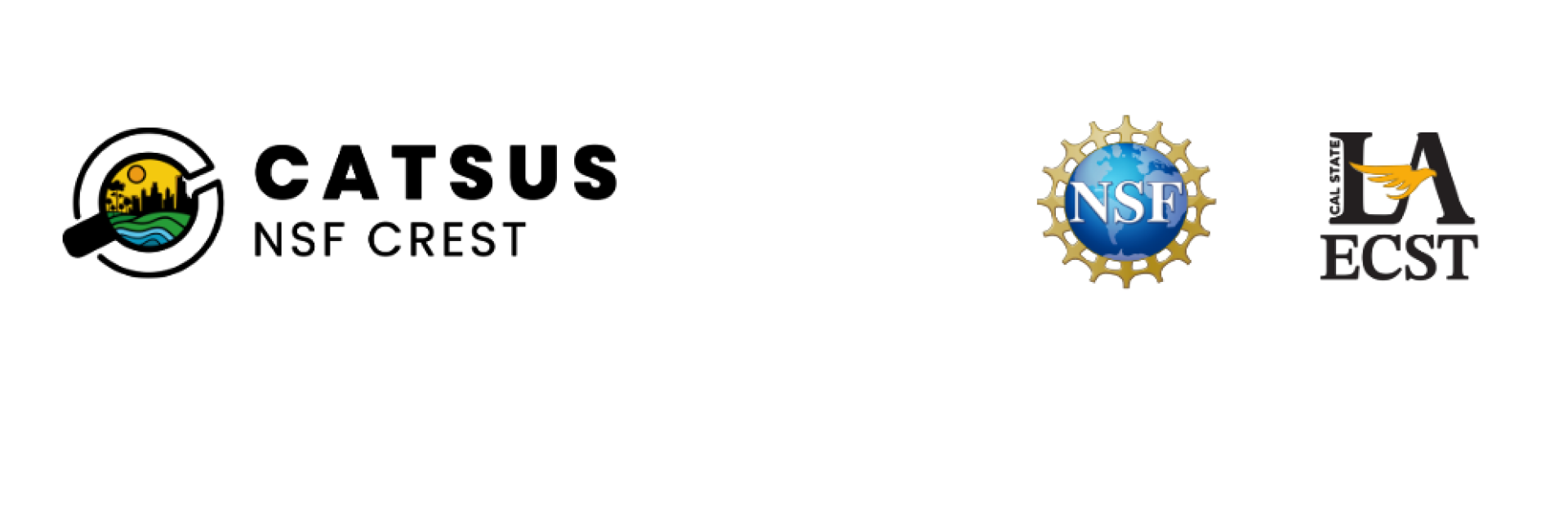Sustainability in water supply is a global topic that varies significantly at a regional scale. For instance, urban areas within a Mediterranean climate zone experience low precipitation levels, leading to freshwater shortage and over-stressed aquifers. This problem is expected to be amplified by global warming, and increased wildfire occurrence and intensity, and emergent contaminants in this urban environment (i.e., metals, nutrients, sediments, debris, micro- and nanoplastics). With the overarching goal of this thrust area is to sustain the long-term urban water supply, promote healthy forest fire management, and minimize extreme runoff events and the transportation of sediments, nutrients, metals, and micro- and nanoplastics by proposing two subprojects. The Impact of Wildfires and Microplastics on Soil Hydrology subproject will use soil centrifuge experimental tests to evaluate the isolated and combined effects of wildfires and microplastics on soil hydrological and mechanical properties. The Modeling Long-term Effect of Fires and Emerging Contaminants on Urban Watersheds subproject will use comprehensive computational techniques to ascertain the long-term impacts of wildfires and microplastics on urban watersheds.
Faculty
Students
- Brandon De Jesus
- Edrei Pliego
- Elizabeth Miranda
- Filiberto Zavala
- Frida Melgar
- Giselle Sandoval
- Josue Martinez-Maldonado
- Mallory Spillard
- Nathan Brieu
- Nathan Venegas
- Oscar Ulloa
